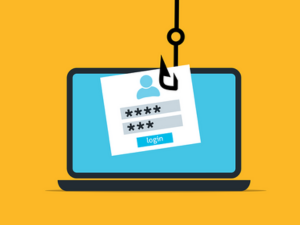 Scammers love travel season. They know your eyes are peeled for a cheap ticket and have devised convincing ways to get their hands on your money. Tricked consumers have spent months of their lives dealing with the consequences of these scams and lost thousands of dollars in the process.
Scammers love travel season. They know your eyes are peeled for a cheap ticket and have devised convincing ways to get their hands on your money. Tricked consumers have spent months of their lives dealing with the consequences of these scams and lost thousands of dollars in the process.
In a recent plague of travel scams, criminals are pretending to be “travel agents” selling plane tickets. Between 2020 and 2021, digital fraud in travel and leisure increased 68.4% globally, according to TransUnion’s 2022 Global Digital Fraud Trends Report.
How Plane Ticket Scams Work
There are a handful of tactics travel scammers use to steal your information. They create fake websites, pose as travel agents and send you “confirmation” e-mails that don’t include an airline ticket. Some call your phone to “confirm your information” for a flight, asking for your credit card, bank or personal information. Or they use social media ads or e-mails advertising free or cheap tickets. These are all major red flags to watch out for. Before clicking or booking anything, pay attention to these travel tips to avoid getting scammed out of thousands of dollars of your hard-earned vacation savings.
Here’s How To Avoid Travel Scams
- Always verify that an agent or agency is legit. In the US and Canada, you can use the Better Business Bureau (BBB) or travel associations like the International Air Transport Association to verify agent credentials. Read customer reviews and look for weird grammar errors in e-mails and on websites. However, the BBB recommends booking directly through hotels or airlines.
- Check for a ticket confirmation number. If you don’t get a ticket number with your confirmation e-mail, a scammer may have reserved you a seat instead and stolen your money.
- Watch out for online deals. Scammers use fake e-mails and ads to boast amazing deals on hotels or flights. If you think they are too good to be true, they are.
- Be skeptical of “confirmation calls.” If you get a follow-up call from an agent to verify your personal information, it’s probably a scam.
Stay informed, pay attention and implement these practical tips for your next adventure. Safe travels!
Contact Us
If you do not currently have an IT provider or would like a second opinion on your network security, please don’t hesitate to reach out to our team. We are here to serve you in the Niagara Region and Simcoe County, 24/7/365.
Niagara: 905-228-4809
Barrie: 705-885-0993
Email: help@b4networks.ca



